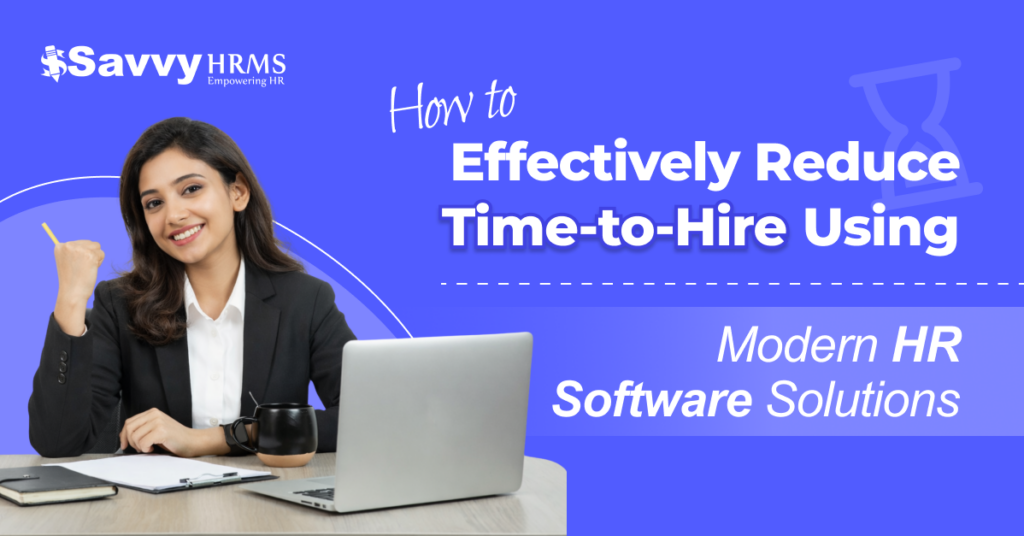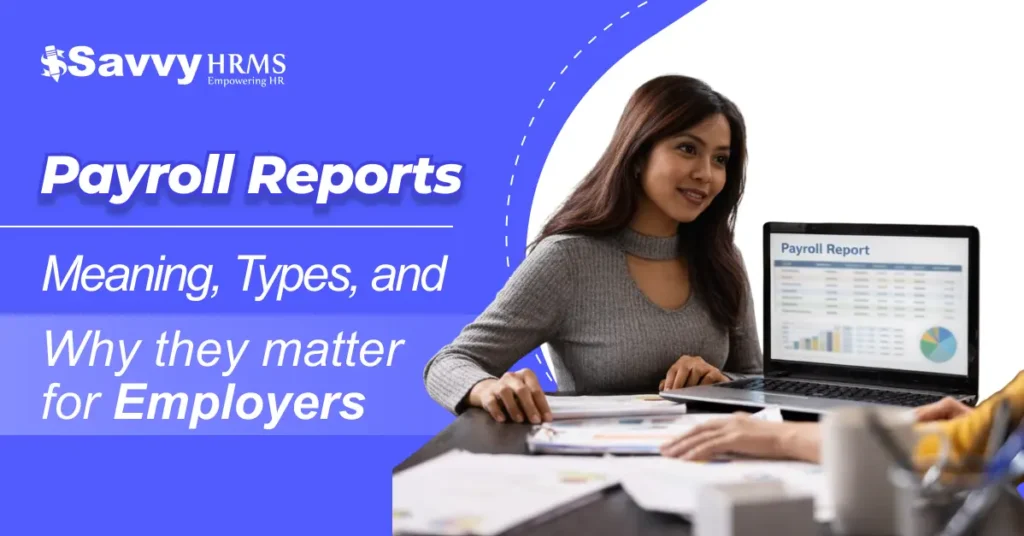Have you ever wondered whether your time off is paid or unpaid? If so, don’t worry, you’re not alone. Many professionals have serious trouble understanding Compensation leave. It’s not simply an HR term; it describes equity, compliance, and employee trust.
In our whirlwind work life today, managing Compensation leave requires vigilance. Not only does it factor into employee satisfaction. But it is also linked to compliance and managing costs. Therefore, getting comfortable with the concept is pretty important to HR professionals.
What is Compensation Leave?
It is very distinct from paid vacation or sick time. It is about providing employees with time off to balance overtime, based on hours worked.
Some organizations offer employees monetary overtime. Whereas other organizations prefer to give time off in lieu of pay. Whatever the case, it should be documented, communicated, and recorded.
Why is Compensation Leave Important from an HR Perspective?
1. Encourages a Work-Life Balance
Employees should be able to recharge when they put in extra hours. This maintains morale and prevents employees from burning out.
2. Improving Retention
Fair policies help employees feel valued. When HR recognizes someone for going above and beyond, the employees will stay longer.
3. Legal Obligations
Many jurisdictions have a labor law basis for requiring organizations to provide. Either leave or pay for overtime hours worked, and not following this can lead to legal issues.
4. Cost Effectiveness
It is often cheaper for companies to give an employee a day off instead of paying an employee for overtime. That is critical for budget-strapped businesses.
How is Compensation Leave structured?
Here is a simple example:
A worker who has to work on a Sunday gets a compensatory day to use on another day of the week. The HR has to ensure that this time is appropriately recorded and approved.
However, the approach differs among organizations. Many employers would give you a day off, 1:1. Others will provide you time off at a weighted formula, like 1.5x the time off.
This is where HR Software, like Savvy HRMS, can be beneficial. Helps you to track these types of leaves, automatic balances, and quarrels that can arise.
Important Components for Compensation Leave Policy
- Organisation size and budget
- Industry regulations
- Workload patterns
- Employee expectations
- Automation and HR tools
Best Practices in Managing Compensation Leave
- Establish Clear Policies
Sanction policies must state eligibility criteria, process for application & timelines.
- Automated Leave Tracking
Procedures for monitoring leave are likely to result in errors if not dealt with. Rely on solid HR management skills.
- Be Transparent
Refer to compensatory leave policies at induction.
- Set Lpase Dates
Compensatory leave may lapse if not used within a specific time. Make employees aware.
How Savvy HRMS Simplifies Compensatory Leave Management
Working with Compensatory Leave manually takes a lot of time and can be done incorrectly.
Savvy HRMS allows you to do the following:
- Automate the leave requests and leave approvals
- Easily track compensatory offs
- Integrate attendance and time worked
- Customise policies based on your organisation
All of these save you time, but will also give you the correct records. Legal compliance and boosting employee morale.
Conclusion
Compensatory leave allows employers to bridge the gap between working effort & employee recognition. To make it an effective program, there needs to be structure in the policies, clarity, and the tools to accurately do what needs to be done. This is where technology is able to achieve HR goals.
FAQs
- Can Compensation Leave be carried over?
It totally depends on your company’s policies. However, typically, employers require employees to use their leave within a specified time.
- Is Compensation Leave required?
In some jurisdictions, if an employee works on their holiday or during weekends. That may be leave or pay, or other considerations.
- How do employees apply for Compensation Leave?
Through the HR portal or leave request forms. These are then submitted to management for approval. When change is made through systems like Savvy HRMS. It typically makes this part of leave management easy.
- Do employees get paid for unused Compensation Leave?
Typically not, though this is again dependent on the organization’s internal policies.
Take the Next Step With Savvy HRMS
If you would like to develop how your organization manages Compensation Leave. Perhaps you need an HR system. A competent HRMS can provide the functionality to manage all leave types, including compensatory leave, in a simple, effective, and easy-to-use platform.
Make Your HR Smarter. Choose Savvy.




